Tips on What Is Cottonmouth, How to Stop It, and How to Prevent Dry Mouth
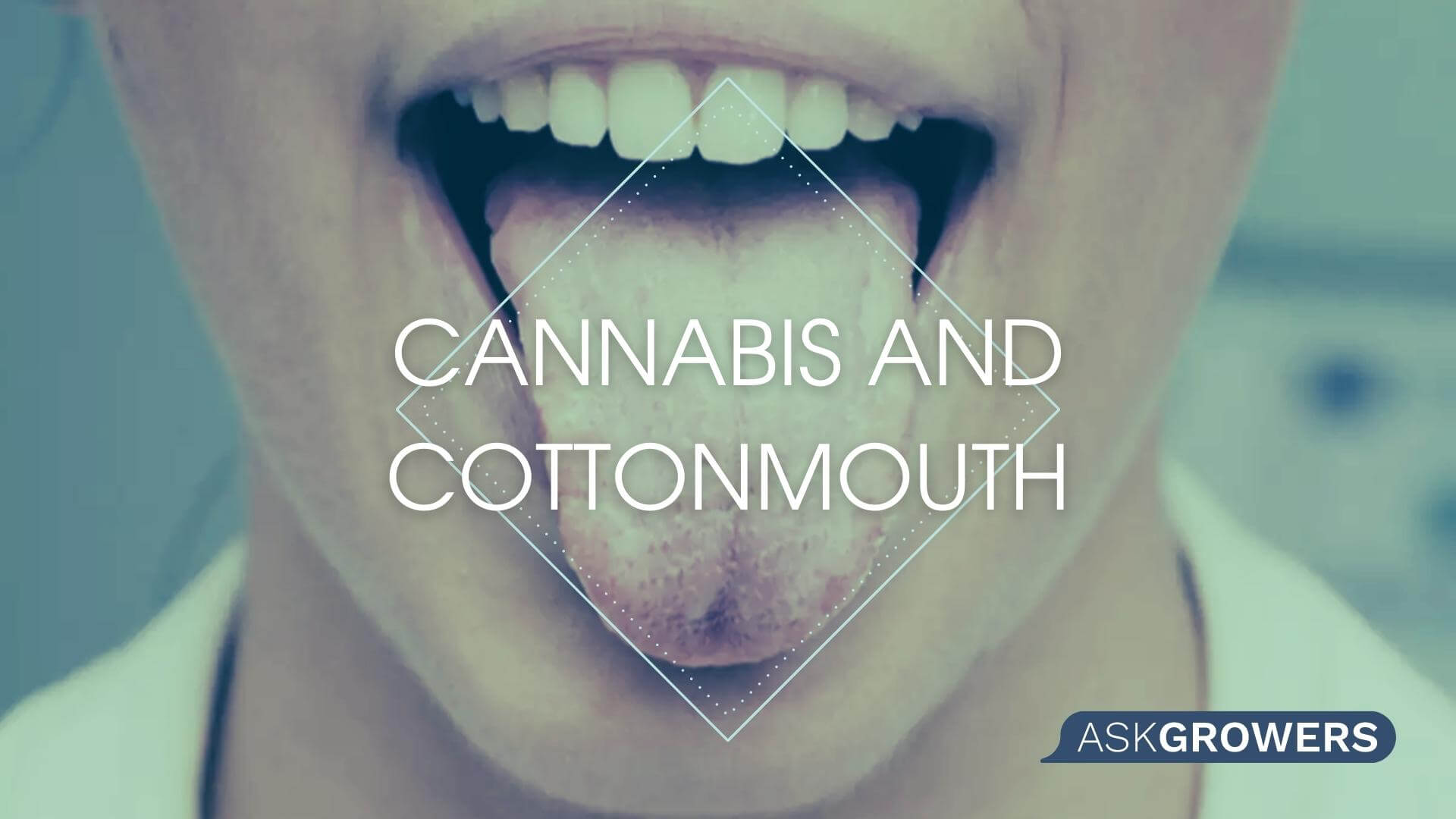
Medical marijuana use is increasing in many states as the evidence of its therapeutic effects increases. There is scholarly evidence supporting the efficiency of weed in treating spasticity, central pain, painful spasms, and urinary dysfunction, with conflicting evidence of its effectiveness in managing tremor and neurologic conditions. Medical experts also suggest that marijuana has proven positive effects on anxiety, inflammation, pain relief, nausea control, and tumor growth. Regular intake of medical cannabis leads to muscular relaxation in patients suffering from MS, appetite stimulation, and weight gain among individuals with cancer or AIDS diagnoses. Thus, the multiple therapeutic benefits of weed have led to its increasing adoption to manage various medical conditions.
However, together with the numerous therapeutic benefits discussed above, cannabis intake can cause the development of several considerable side effects that patients should consider before choosing this treatment option. Experts of Mayo Clinic caution that regular intake or improper dosage of medical marijuana can cause headaches, drowsiness, fatigue, and dizziness in patients. One of the pronounced side effects of marijuana is dry eyes and dry mouth, also known as cottonmouth or xerostomia.
So, what is this condition, and how to prevent dry mouth from weed? This article covers everything related to the effect of cottonmouth from weed and explains its causes, manifestations, and ways of management.
What Is Cottonmouth
When we’re talking about cottonmouth, weed is not the only reason causing it. This condition, explained by insufficient secretion of saliva by the salivary glands, may arise from several factors:
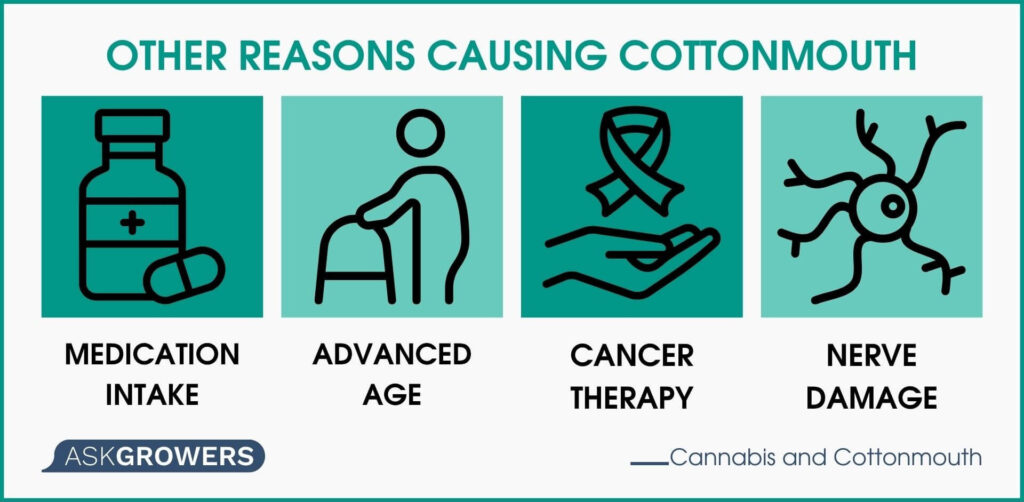
- Intake of antidepressants, antihypertensives, muscle relaxants, antihistamines, and medications prescribed for pain management.
- Advanced age (salivary gland function deteriorates with age).
- Cancer therapy (radio- or chemotherapy).
- Damage of head or neck nerves.
Thus, you can get the unpleasant feeling of dryness in your mouth and throat because of numerous factors unrelated to cannabis use. Still, as soon as you consume weed, dry mouth is a frequently expected side effect of such self-therapy.
What Does Cottonmouth Feel Like?
Whenever people mention the feeling of cotton mouth, weed-related or not, they most often mean the effect of desert-like dryness in their mouths resulting from a dramatic reduction of saliva secretion. Some users equal this sensation to having their mouths full of cotton balls, unable to talk or swallow. Because of this feeling, the chronic mouth dryness experienced by weed consumers has acquired the name of “cottonmouth.”
Is Cottonmouth Dangerous?
The question, “what is xerostomia?” worries many patients considering medical cannabis as a treatment method. The term looks pretty scary, creating a false impression that this side effect is hazardous for patients' health.
In fact, dry mouth as such is not a hazardous condition, with most patients able to manage it with a couple of glasses of water. However, if you consume cannabis regularly and experience the cottonmouth effect several times a day, you need to manage this condition proactively.
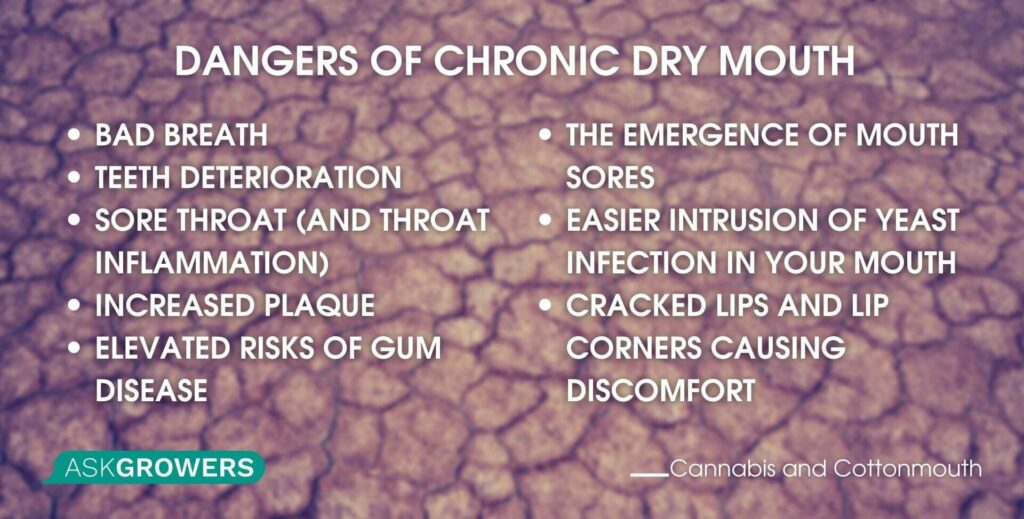
Chronic dryness in one's mouth can cause far-reaching adverse consequences, such as:
- Bad breath
- Teeth deterioration
- Sore throat (and throat inflammation)
- Increased plaque
- Elevated risks of gum disease
- The emergence of mouth sores
- Easier intrusion of yeast infection in your mouth
- Cracked lips and lip corners causing discomfort
If these conditions are left unattended, you may suffer much more serious health problems, such as difficulty chewing and swallowing. Thus, if you notice any of the issues mentioned above with your mouth’s mucus membrane, it’s time to consult a medical specialist and take more targeted action.
Read Also: What Do We Know About THC-O Effects?
Why Does Weed Make Your Mouth Dry?
To answer this question, we need to clarify, “why does weed cause cottonmouth?" This effect is achieved because of the intervening impact of cannabinoids contained in marijuana on the glands responsible for normal saliva production. These are submandibular glands, typically working to produce sufficient amounts of saliva to protect the mouth from bacteria and infections.
Once you inhale or eat cannabis in the form of edibles (the mode of consumption doesn’t matter), the CB1 and CB2 cannabinoid receptors in the submandibular gland absorb the cannabis contents, which causes a blockage of their saliva production properties. In other words, while the receptors are busy absorbing the cannabinoids from weed, they can't work on proper saliva production, and you need to wait until your organism successfully absorbs all cannabinoid contents to see your saliva production restored.
Tips on How to Stop Cottonmouth from Weed
Now, let’s think of what is the best way to get rid of cottonmouth if you feel that you have this unpleasant condition after a dose of medical marijuana.
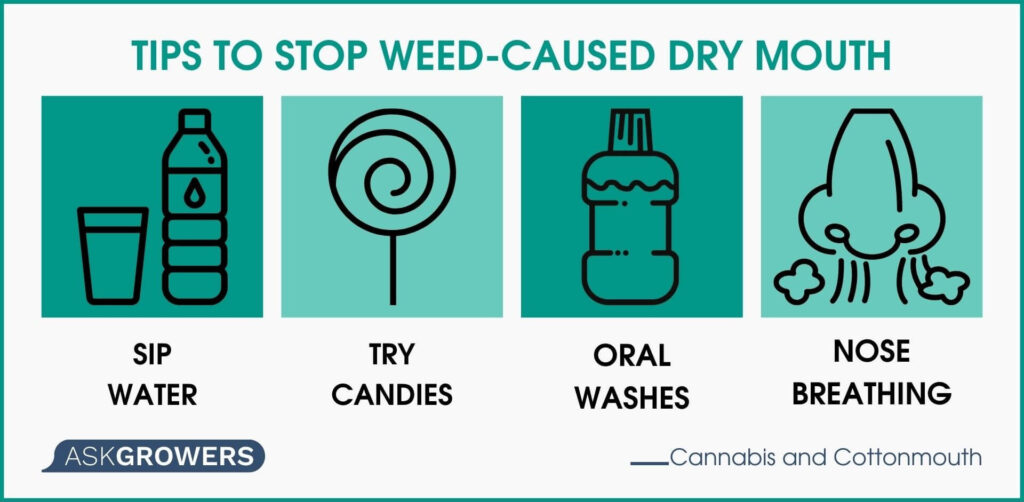
#1 Water
The primary measure all cannabis consumers take to avoid or minimize the cottonmouth effect is drinking water. Once you feel the unpleasant dryness, sip water, and you'll feel that the discomfort reduces. However, don't expect immediate effects; you need to drink much water over an extended period to feel a tangible effect.
#2 Candies
Simple jolly candies can become a real lifebuoy if you feel cottonmouth and don't have any water at hand. Candies cause quick saliva increase, enabling you to manage the unpleasant dryness on the go or in some public place, such as a café or a movie theater.
#3 Oral Washes
Those who feel mouth dryness frequently need to shift from alcohol-based mouthwashes to alcohol-free ones. This change will make a real difference to your feeling of comfort and teeth/gum health.
#4 Nose Breathing
We know that cottonmouth can be really disturbing, both physically and psychologically. So, once you experience this side effect and water doesn’t help, sit back and try to relax, breathing through your nose. Breathing this way will reduce the discomfort experienced because of the air flowing through a dry, inflamed mouth cavity and throat.
Read Also: What Is Cannabis: All About Its Compounds And Effects
Tips on How to Prevent Dry Mouth From Weed
Now that the question, “what does cottonmouth mean?” is answered, let’s cover the precautions you may take to avoid this unpleasant sensation.
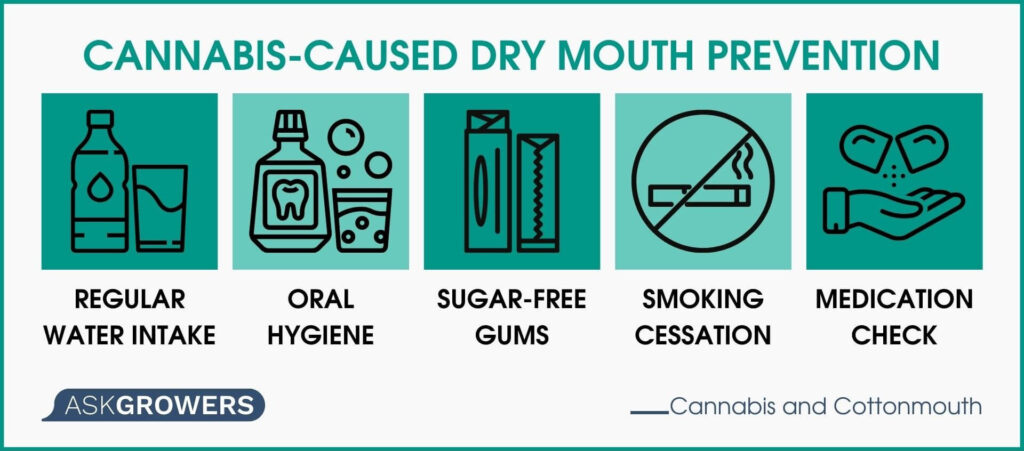
#1 Regular Water Intake
Drinking water after the cottonmouth effect comes as an excellent way to minimize discomfort. However, you can reduce this side effect's intensity by hydrating before and after the weed consumption session. Keep in mind that if you're a regular weed consumer, water intake should be increased throughout the day, not only after the therapeutic session.
#2 Oral Hygiene
It’s vital to pay particular attention to your oral hygiene as regular mouth dryness can trigger various destructive processes in your teeth, gums, and mucus membrane. Opt for alcohol-free mouthwashes and choose the products specifically targeting mouth dryness. Regular use of such mouthwashes can reduce the cottonmouth effect and its negative consequences.
#3 Sugar-Free Gums
Another approach to beating the cotton mouth, in the long run, is to chew sugar-free gums regularly. Their consumption causes excessive saliva secretion, thus ensuring that your mouth cavity is under rigorous protection.
#4 Smoking Cessation
Those who combine weed smoking with regular tobacco smoking or chewing suffer from much stronger mouth dryness. Thus, it is recommended that patients requiring regular marijuana intake drop smoking tobacco at least for the period of treatment. In this way, you will minimize the unpleasant sensation and reduce the destructive impact of occasional mouth dryness on your oral health.
#5 Medication Check
Numerous medication types cause mouth dryness as well. If you’re taking, for instance, painkillers or antidepressants together with cannabis, you’re at a greater risk of the cottonmouth effect. We recommend a double-check of medications to avoid their overlap.
Conclusion
As the presented evidence suggests, the cottonmouth effect is a frequent side effect of cannabis consumption, coming even with therapeutic, THC-low products. The mode of intake doesn't matter as the reason for saliva reduction is the cannabinoid content of weed, present in all types of cannabis products. Thus, patients self-medicating with marijuana should take proper oral hygiene care to avoid the deterioration of their mucus membrane and teeth/gum deterioration.
References
https://n.neurology.org/content-82/17/1556-short
https://www.webmd.com/a-to-z-guides/medical-marijuana-faq
https://www.mayoclinic.org/diseases-conditions/dry-mouth/symptoms-causes/syc-20356 048
https://www.leafly.com/learn/cannabis-glossary/cottonmouth
https://www.nature.com/articles-sj.bdj.2009.1014
https://www.mayoclinic.org/diseases-conditions/dry-mouth/expert-answers/dry-mouth/faq-20058424

 Health
Health
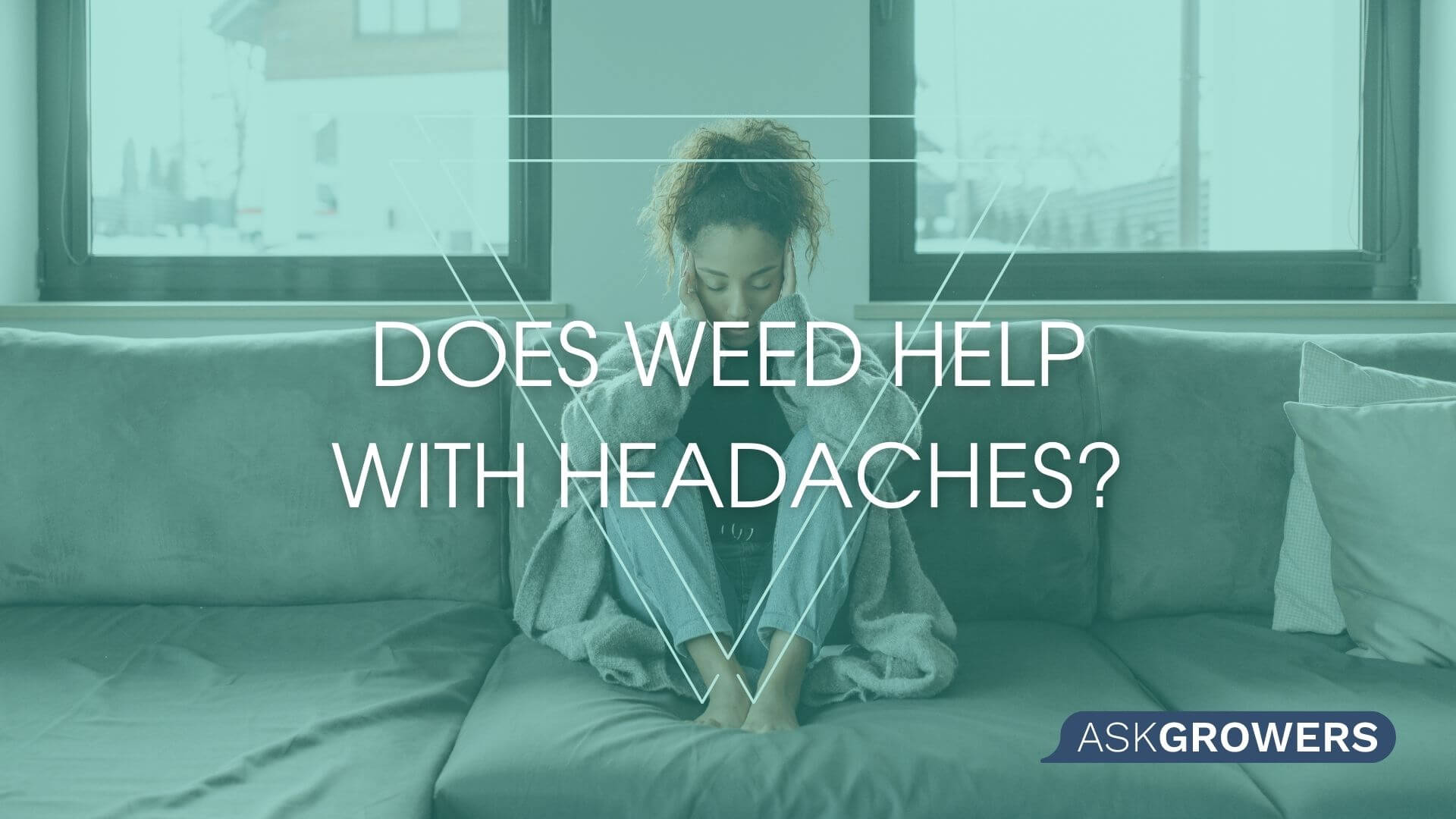
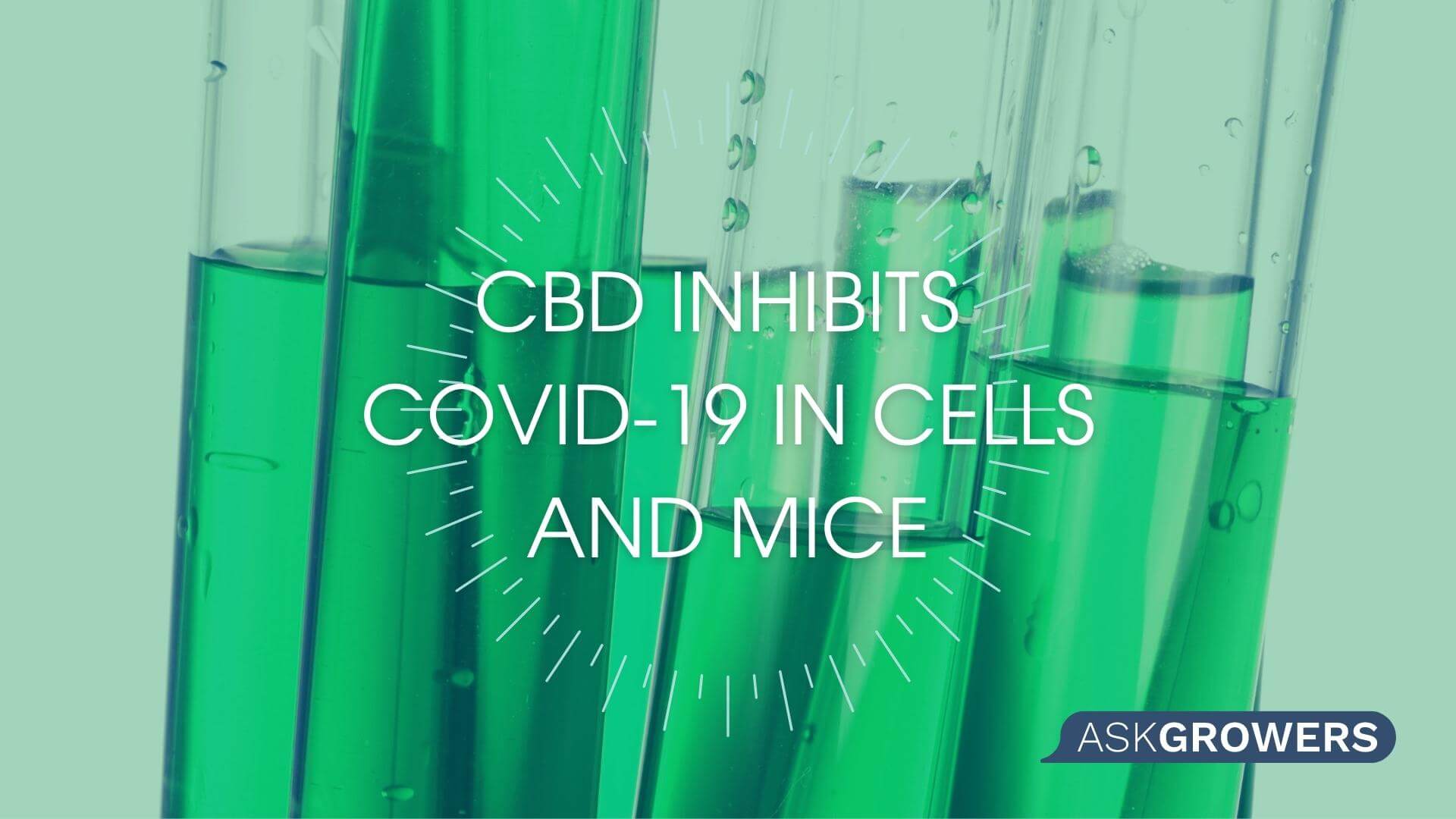
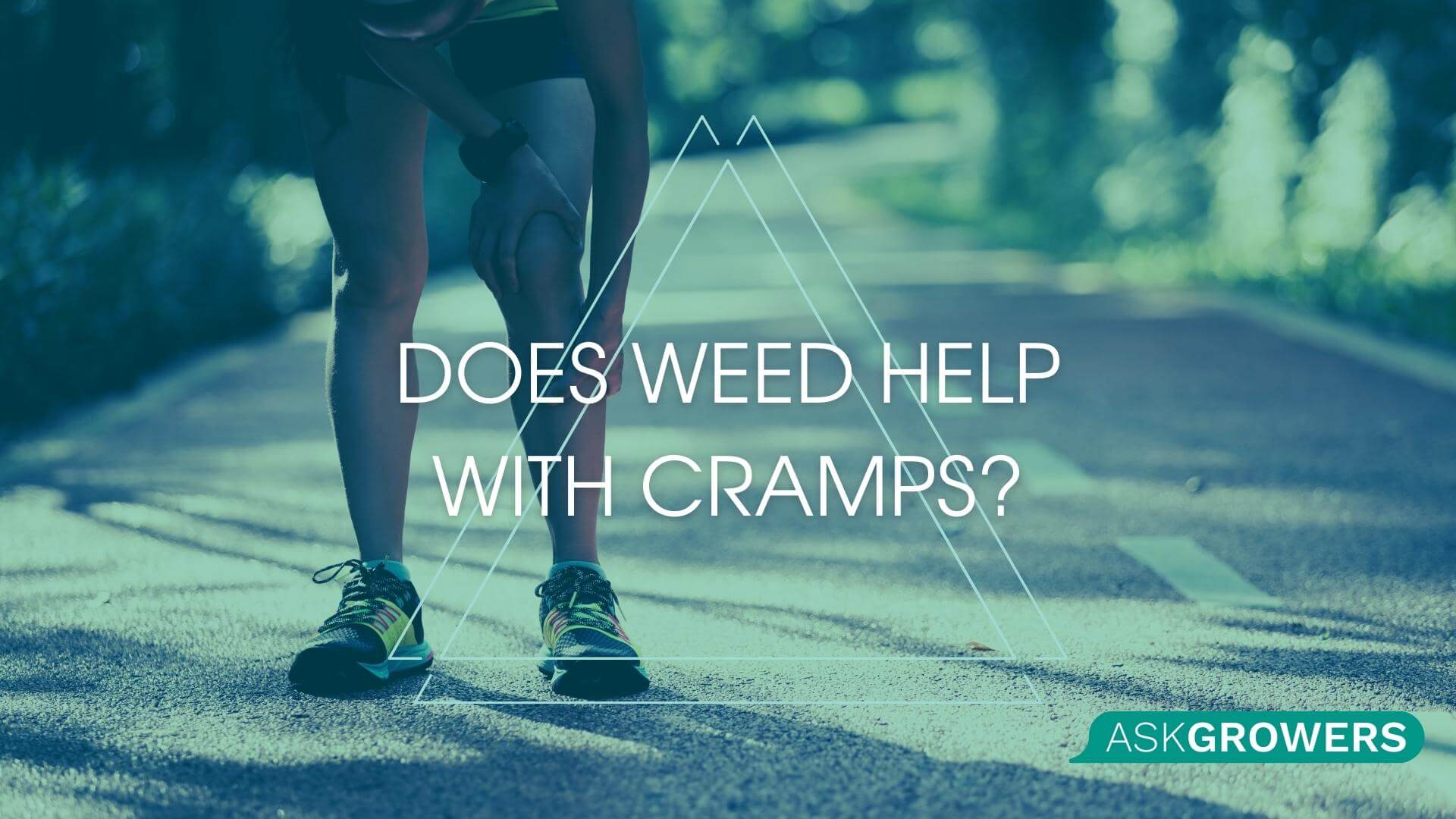

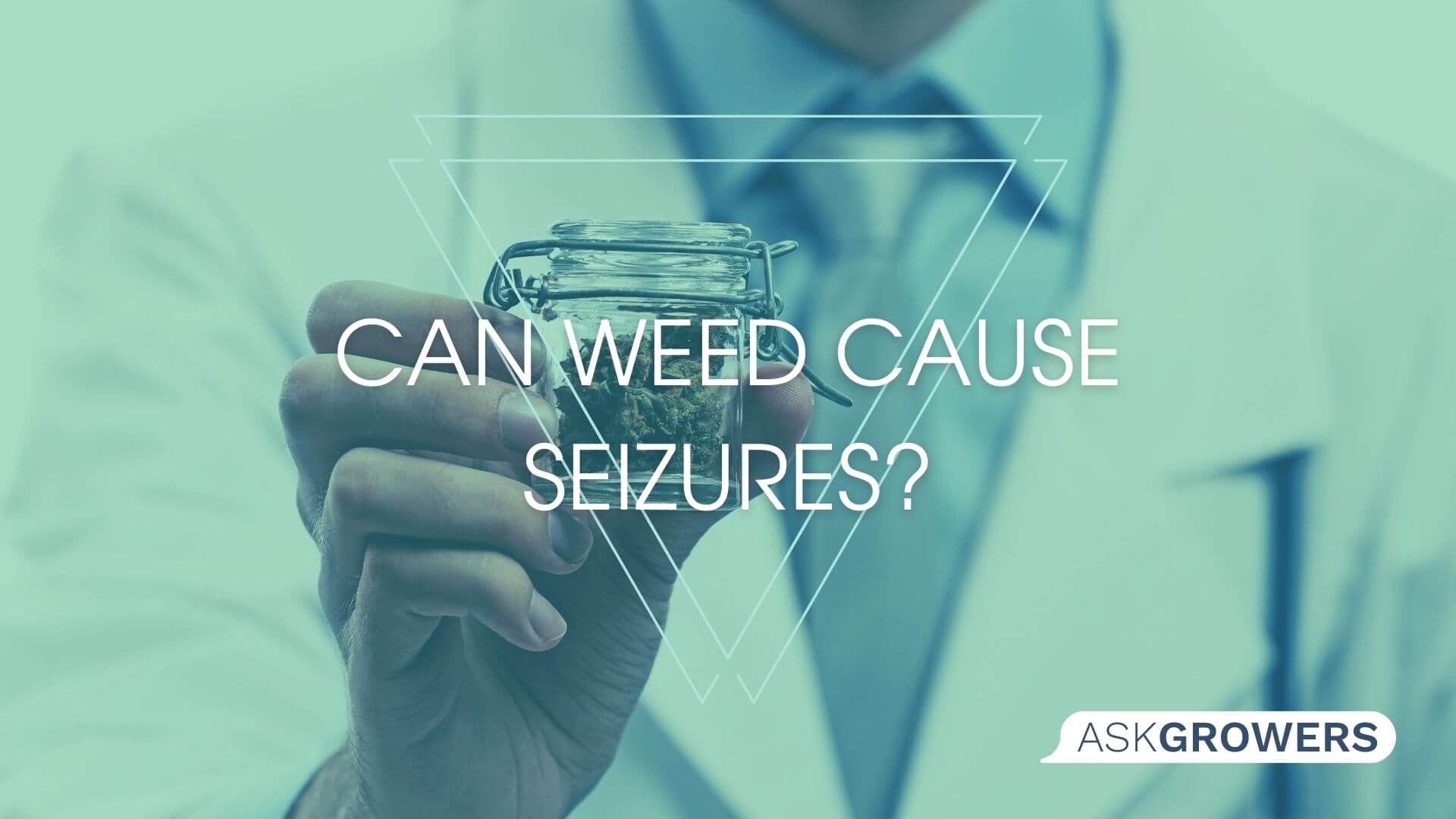
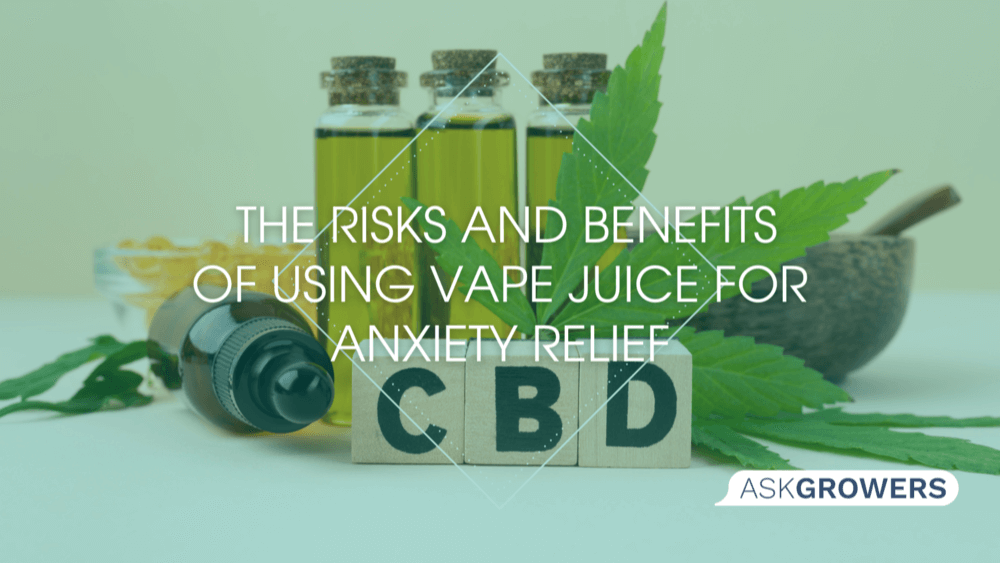
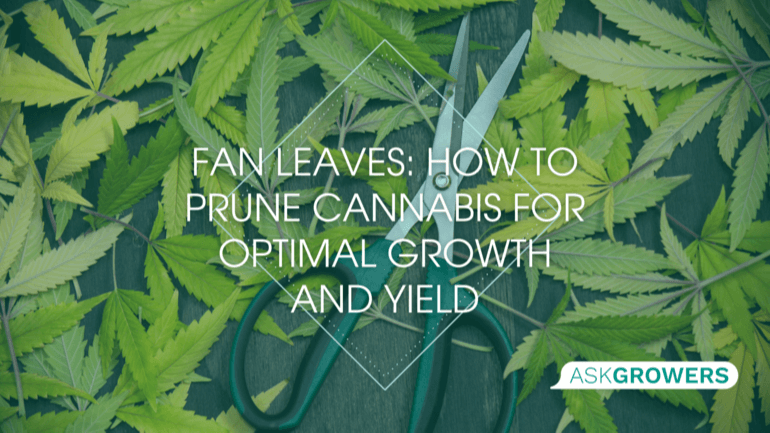
 (1).png)
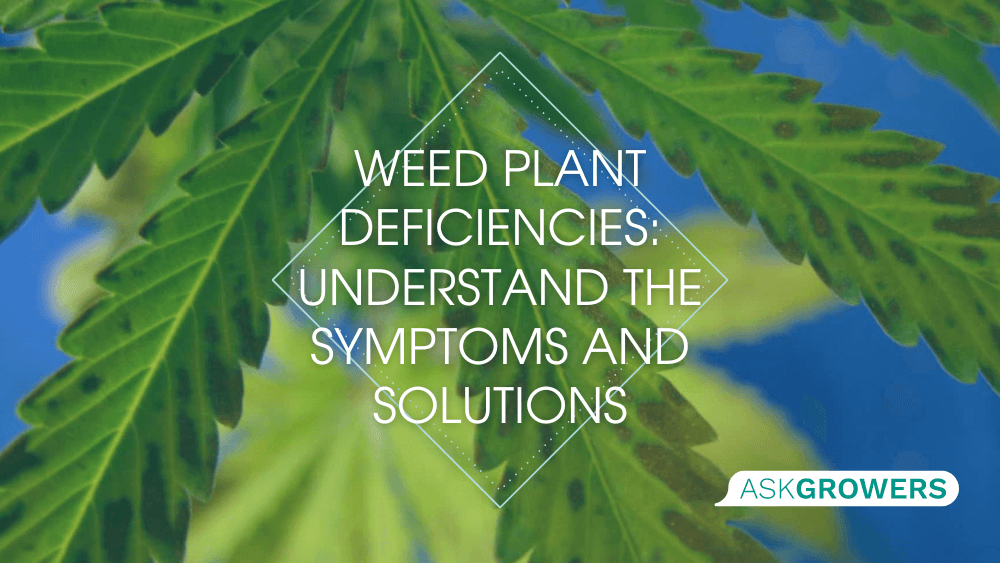
.jpg)

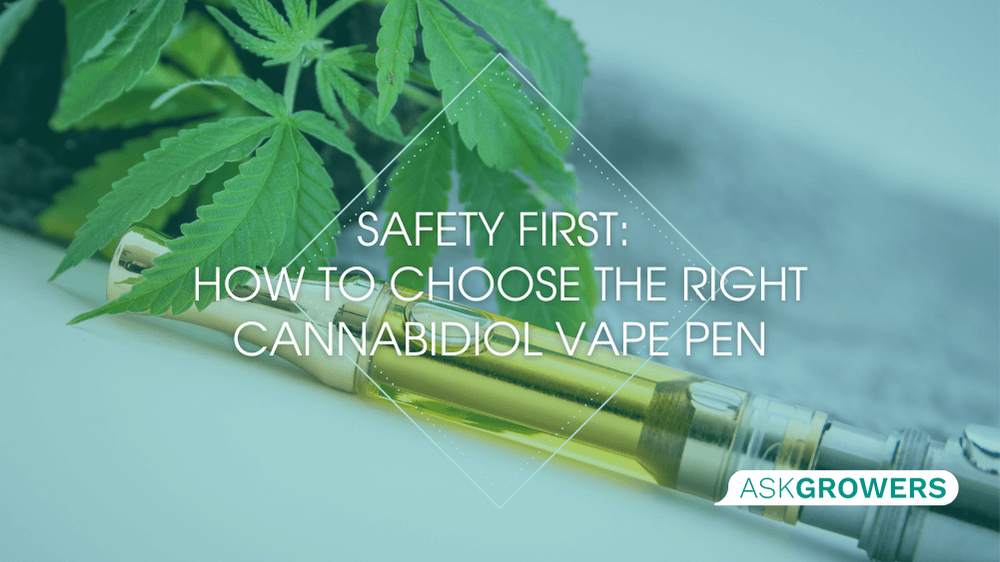
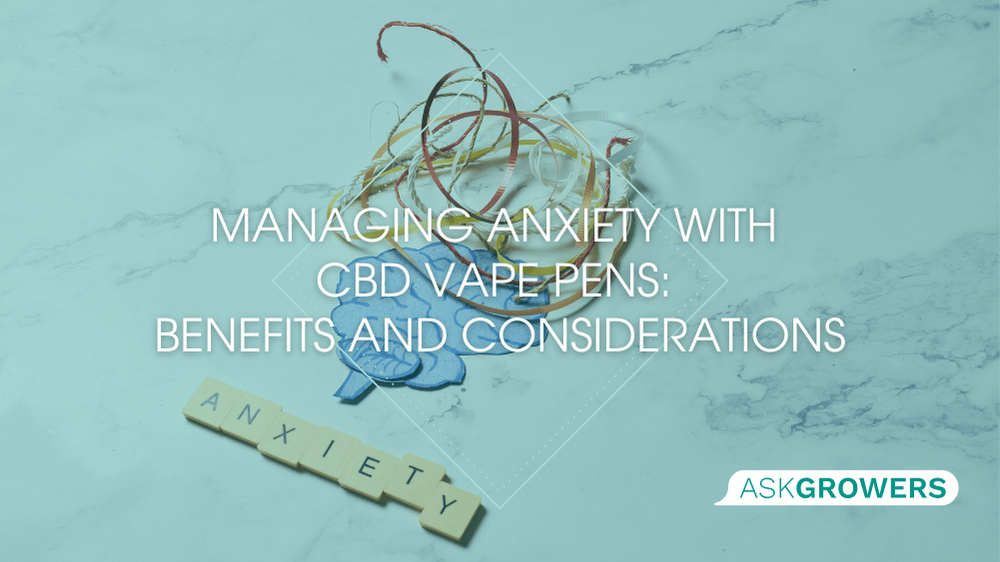
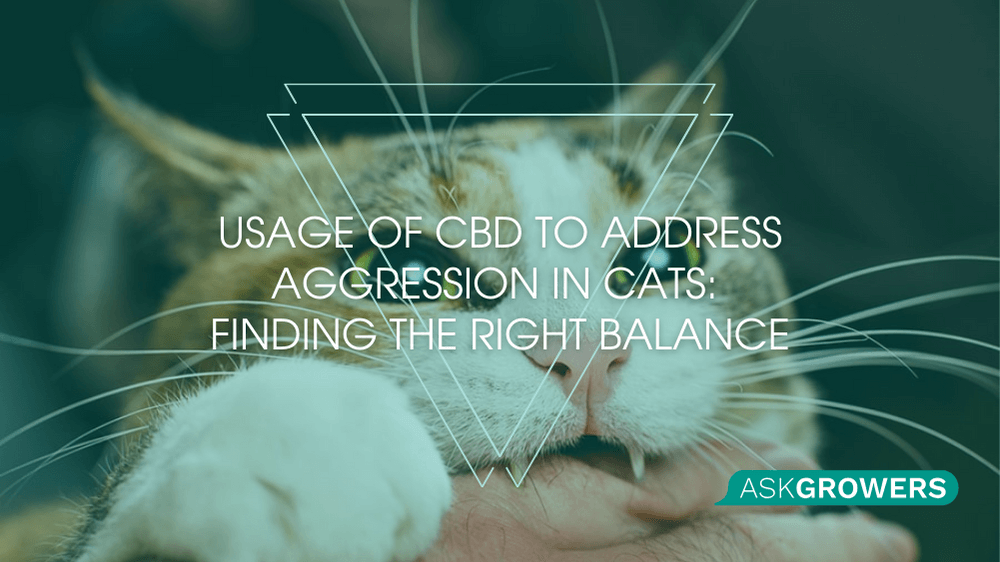
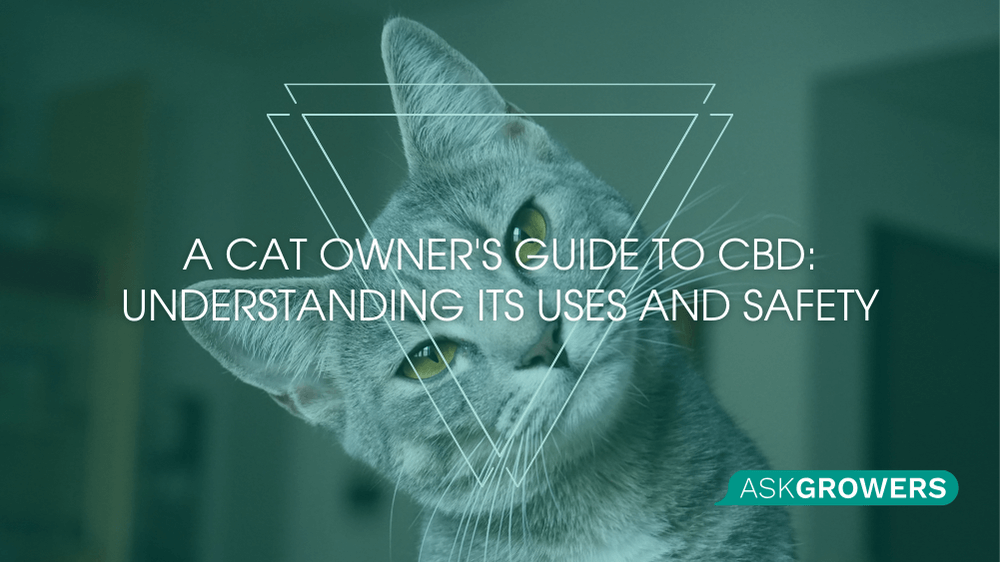
Be the first and share your opinion
Write a Review